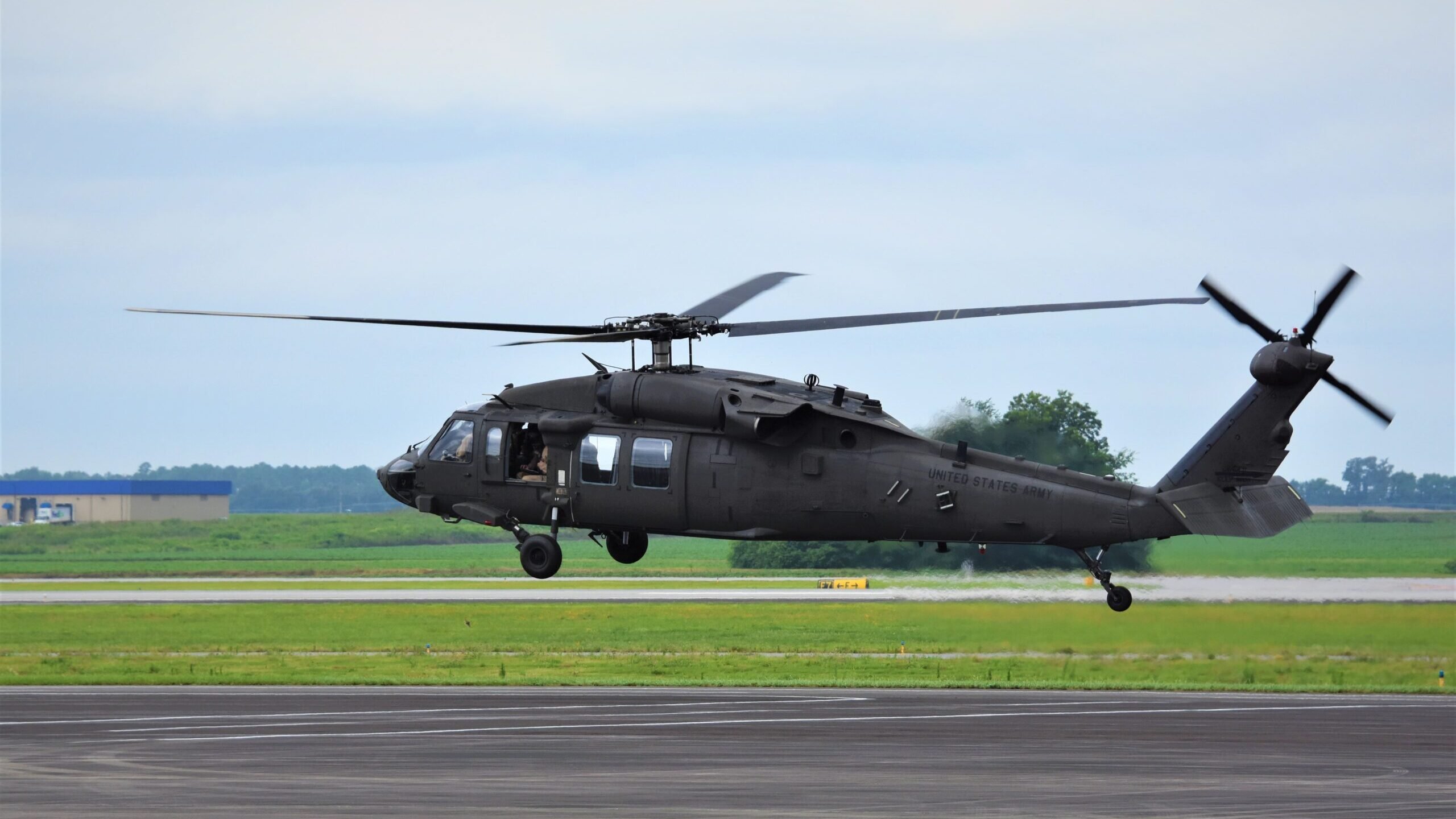UH 60 Technical Requirements and Performance Testimonial
UH 60 Technical Requirements and Performance Testimonial
Blog Article
The Duty of Airplane in Forming International Transport and Profession Dynamics
Through the facility of robust air freight networks, organizations can currently browse worldwide markets with impressive speed and agility, thereby redefining supply chain strategies. As we explore the diverse influences of airplane on worldwide trade, it is essential to take into consideration how these elements will shape the future landscape of aeronautics and its function in the economic situation.

Development of Air Transportation
The evolution of air transport has been noted by significant technical improvements and developments that have transformed the means people and products relocate throughout the world. From the Wright bros' initial powered trip in 1903 to the advancement of supersonic jets, each turning point has emphasized the unrelenting pursuit of performance and speed in air traveling. Early airplane were largely simple, restricted by engine power and architectural stability. The intro of advanced products and the rules of aerodynamics in the mid-20th century led to substantial renovations in airplane security, reliability, and performance.
The last part of the 20th century saw the development of industrial aeronautics as a viable setting of transport, defined by the intro of jet engines, which reinvented air travel by dramatically minimizing flight times. The increase of air cargo in parallel with passenger services has actually additionally emphasized the versatility of aviation.
Influence On Global Profession
Air transportation has greatly reshaped global profession by helping with the swift movement of products throughout substantial distances. This expedited logistics ability allows organizations to respond rapidly to market needs, consequently improving supply chain effectiveness. The capacity to move subject to spoiling products, high-value products, and time-sensitive items has actually opened up brand-new markets and chances for different markets, substantially affecting profession patterns.
Furthermore, the advancement of air cargo networks has promoted globalization, making it possible for firms to source materials and items from various components of the world seamlessly. This interconnectedness decreases lead times and costs, enabling companies to continue to be competitive in an increasingly international marketplace. In addition, air transportation plays a crucial role in e-commerce, where consumer assumptions for fast shipment have driven a rise in need for air freight solutions.
The effect of aircraft on global profession prolongs to the creation of calculated profession courses, linking areas and promoting international collaborations. Nations that spend in air transportation infrastructure often experience boosted financial development and raised foreign direct investment. On the whole, the evolution of air transport has not just transformed the logistics landscape but has additionally end up being an important component in the characteristics of global trade.

Economic Benefits of Air Travel
A robust aeronautics sector creates considerable economic advantages, adding to work creation, tourist, and overall financial growth - uh 60. The air travel industry sustains millions of tasks globally, ranging from straight employment in airports and airlines to indirect roles in sectors such as friendliness, transportation, and logistics. According to sector records, for each work in the aeronautics market, around 3.5 added jobs are produced in the wider economic situation
Tourist is a crucial component of the economic benefits stemmed from air travel. Air traveling helps with international tourist, allowing travelers to discover diverse locations, which in turn boosts local economic climates. Countries that buy their aviation framework typically experience raised traveler arrivals, causing greater investing on solutions such as resorts, destinations, and restaurants.

In addition, aeronautics boosts worldwide connection, enabling services to access new markets and resources effectively. This connectivity fosters worldwide trade, enabling the rapid movement of goods, which is vital in today's globalized economic situation. Therefore, markets such as ecommerce and manufacturing benefit greatly from reputable air transportation, more driving economic development. Overall, the air travel sector continues to be a keystone of economic vitality, underscoring its integral duty in shaping reference contemporary economies.
Challenges Encountering the Aviation Sector
Navigating a complicated landscape of governing, environmental, and financial obstacles, the air travel industry encounters substantial hurdles that endanger its sustainability and growth. Laws surrounding security and protection are continually advancing, demanding continuous compliance and adaptation from suppliers and airlines (uh 60). This can bring about increased operational costs and resource allowance that diminishes innovation and growth efforts
In addition, ecological worries have actually come to be critical, with expanding analysis over carbon exhausts and sound pollution. The sector is under pressure to take on greener practices and innovations, which commonly require substantial investment in research study and growth. Stabilizing these ecological obligations with the need for air travel offers a considerable challenge.
Economic changes, such as rising gas prices and geopolitical unpredictabilities, additionally make complex the landscape. Airline companies often grapple with unpredictable operating prices and changing guest need, which can affect productivity and long-term preparation. Labor lacks and ability spaces in crucial locations include another layer over at this website of complexity, impeding functional efficiency.
Eventually, addressing these complex obstacles is essential for the aviation sector to maintain its essential function in international transport and trade, while ensuring durability and versatility in an increasingly competitive market.
Future Fads in Flight
Arising technologies and changing consumer preferences are poised to improve the future of air traveling considerably. The assimilation of expert system and device knowing is expected to boost functional performance, enhance airport processes, and boost client service. Predictive analytics will help with much more accurate need projecting, allowing airlines to maximize flight routines and rates designs.
Sustainability is ending up being a crucial motorist in air traveling, with the aeronautics industry progressively concentrated on lowering carbon exhausts. Technologies in airplane design, such as hybrid and electric propulsion systems, are being checked out to meet ecological targets. Moreover, the adoption of sustainable aviation gas (SAFs) is anticipated to play a vital duty in accomplishing net-zero discharges by 2050.
Customer preferences are shifting towards customized travel experiences. Airline companies are buying advanced data analytics to customize solutions and boost client interaction, making sure a more personalized journey from scheduling to arrival. Furthermore, the surge of remote work may cause enhanced demand for recreation traveling, as individuals seek to integrate job and vacation.
Conclusion
To conclude, airplane substantially influence worldwide transportation and profession characteristics by promoting rapid activity and enhancing supply chain efficiency. The development of air transportation has actually changed worldwide trade, producing substantial financial benefits while likewise offering challenges that require critical management. Future fads indicate a continued reliance on air travel for business, highlighting its important role in globalization and financial advancement. The ongoing adaptation of the aeronautics industry will certainly be essential for sustaining its contributions to the international economic see page situation.
The latter component of the 20th century saw the introduction of industrial aviation as a viable setting of transport, characterized by the introduction of jet engines, which revolutionized air traveling by significantly minimizing trip times. The surge of air freight in parallel with guest services has better emphasized the versatility of aviation. Additionally, air transport plays a vital role in e-commerce, where customer expectations for rapid delivery have driven a surge in need for air products solutions.
On the whole, the advancement of air transportation has not just changed the logistics landscape however has additionally come to be a vital element in the characteristics of global profession.
Sustainability is ending up being an essential driver in air traveling, with the aviation industry significantly focused on minimizing carbon exhausts.
Report this page